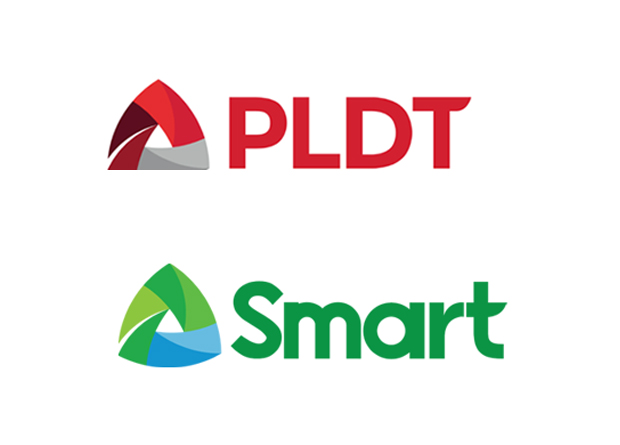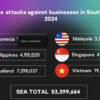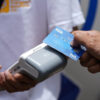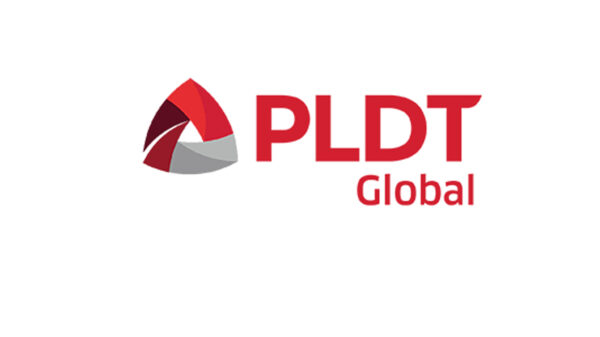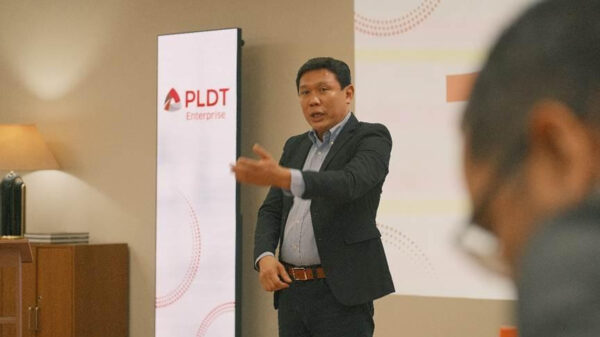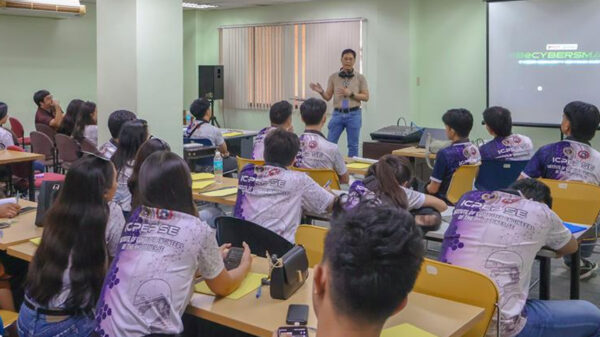In their most aggressive campaign yet against child abuse, PLDT and Smart clamp down more than 10,000 links on child abuse materials circulating on the internet. In the first half of June alone, they blocked access to more than 4,500 URLs and domains tied to online sexual abuse and exploitation of children (OSAEC).
The latest number still comes from the expansive database of the UK-based Internet Watch Foundation (IWF) which PLDT and Smart have been granted access to following their membership with the IWF in April this year.
“We have extracted IWF’s complete list of links that host child sexual abuse materials or CSAM. This has enabled us to block more than 10,000 links since we joined the organization. IWF continues to update its database and, as allies, we also receive the same updates everyday,” explained Angel Redoble, Chief Information Security Officer at PLDT and Smart.
Backed by the global internet industry and the European Commission, the IWF is a non-profit organization that works closely with law enforcement agencies of national governments, internet service providers and platforms, and charitable organizations in taking down webpages, keywords, hash lists, and digital fingerprints that contain child abuse materials.
The IWF membership officially makes PLDT and Smart the first in the Philippines to join the global coalition of more than 150 organizations, including some of the world’s largest tech giants in the fight against OSAEC. The IWF counts Amazon, Apple, Microsoft, Facebook, Google, Telefonica, and Vodafone among its members.
Aside from taking reports from the public through their 47 reporting portals serving 2.4 billion people around the world, the IWF’s highly trained analysts actively search the internet for child sexual abuse images and videos. They then work with global partners to get these removed.
The IWF membership has also enabled PLDT and Smart to block these illicit contents on the more difficult content level. With this capability, PLDT and Smart can prevent customers from accessing identified child abuse files even those that have been uploaded on legitimate domains without cutting access to the entire website.
In total, PLDT and Smart have cut access to more than 13,000 URLs and domains that host sexually explicit materials featuring children. Prior to joining the IWF, PLDT and Smart have blocked more than 3,000 links through open-source threat intelligence gathering, purchasing available commercial threat intelligence and receiving information from the government through law enforcement agencies.
PLDT and Smart have been working with law enforcement agencies to stop the exploitation and abuse of children on the internet. The two firms are also engaging international stakeholders in the fight against these criminal activities.
British intelligence has talked to both companies, acknowledging that majority of patrons of online child abuse materials are from developed nations in the Americas and Europe. They have proposed to team up with PLDT and Smart along with other service providers and work closely with the Philippine National Police (PNP) and National Bureau of Investigation (NBI) in holding joint training to boost capabilities.
“We would like to be able to assist in the investigation of crimes related to OSAEC. We’re looking at behavioral analysis such as the monitoring of bandwidth traffic to identify potential livestreaming hotspots. When a particular IP address sees a sudden spike in bandwidth use, PLDT and Smart can notify law enforcement agencies so they can investigate further as this could be related to OSAEC. Livestreaming often sees a sudden rush of data traffic,” Redoble added.
PLDT and Smart are also collaborating with International Justice Mission (IJM) in its efforts to support law enforcement in combating OSAEC in the Philippines. IJM has recently lauded the two companies for their move to join the global coalition of the IWF.
At a recent virtual meeting with Caleb Carroll, Internet Crimes Against Children Specialist at IJM, he applauded PLDT and Smart for taking a huge leap in their membership with the IWF. “To motivate other companies to join the global alliance against online sexual exploitation of children, I believe it takes a major internet service provider with the reputation that PLDT and Smart have stepping up, being a leader in the area, and serving as a catalyst.”
Carroll is the principal author of IJM’s technical paper called “Philippine ISP Visibility: Technology, Limitations, and Recommendations Related to Combating the Online Sexual Exploitation of Children” that recommended to ISPs, among other things, “memberships in organizations that can provide regularly updated URL lists linked to child sexual exploitation materials (CSEM) to block those particular sites (one such organization is the Internet Watch Foundation).”
PLDT and Smart are further reinforcing the cyber defenses of residential customers, as the pandemic compelled Filipinos to go on the internet for work, study, and even everyday tasks such as shopping and paying bills.
“It’s time for us to take on a more proactive role in protecting our customers against cyber-attacks. Our cybersecurity operations center has extended the same protection commonly found in enterprise clients to residential internet users because the home network often lacks the sophisticated capabilities to identify and fend off cyber-attacks,” Redoble added.
PLDT and Smart have earmarked close to Php 2 billion this year to run the group’s advanced cybersecurity operations center, where cybersecurity analysts predict, prevent, detect, and respond to all types of cyber threats like phishing and scamming activities, including those related to OSAEC.
These initiatives underscore PLDT and Smart’s commitment to help the country attain the United Nations Sustainable Development Goals (UNSDG), particularly UNSDG #16 which promotes just, peaceful and inclusive societies including the end to abuse, exploitation, trafficking and all forms of violence against and torture of children.






















































































